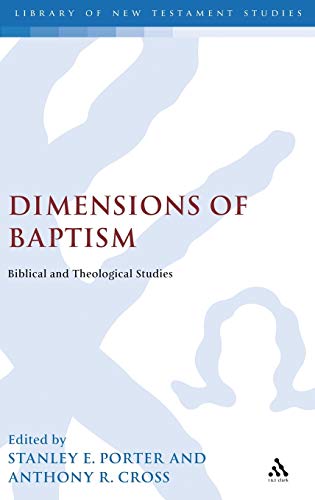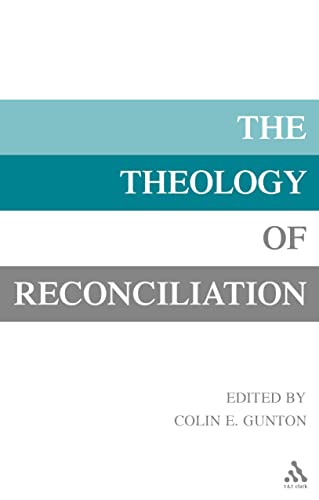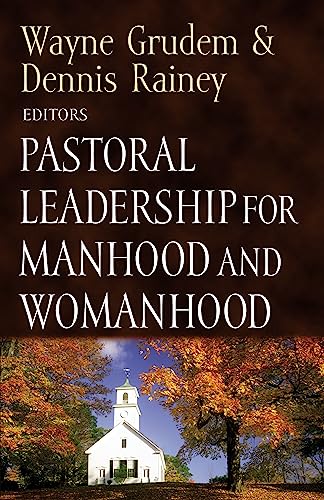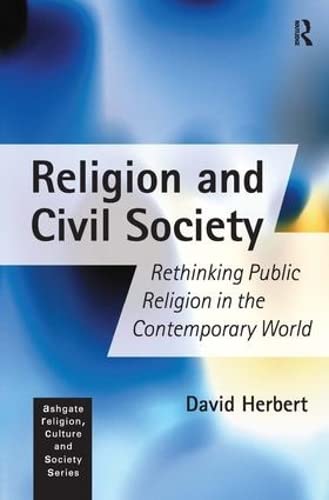DICTIONARY OF THE OLD TESTAMENT PENTATEUCH
Written by T. Desmond Alexander and David W. Baker (eds) Reviewed By Nathan MacDonaldAfter what seems like an age IVP has extended its successful dictionary series on the NT to the OT. There are articles on every aspect of the Pentateuch, some running to over twenty pages. There are articles on biblical characters (e.g. Abraham); historical matters (e.g. date of the Exodus); critical methodologies (e.g. form criticism); theological issues (e.g. repentance, law); social and economic issues (e.g. agriculture) and many other aspects of the Pentateuch. The contributors are primarily from the US and UK.
A brief perusal of the dictionary reveals a bias towards characteristic evangelical concerns. There are substantial discussions on historical matters, especially the Exodus, and theological topics. Nor is it any surprise that the former affirm the historical trustworthiness of the biblical accounts, and the latter largely work within the conceptual arrangement of ‘biblical theology’. Nevertheless, there are other emphases in the dictionary. There are a number of articles on social scientific approaches. Thus Victor Matthews has an article on ‘Social-Scientific Approaches’ and there are articles on honour and shame, wealth and poverty, family relationships, social structure. The ritual material is not neglected either with articles on blood, the red heifer, priesthood, Levites, clean and unclean foods, holy and holiness and a large article on sacrifice and offerings.
There are some interesting inclusions and omissions: Haran, but no Hebron; Nadab and Abihu, but no Phinehas. There is an article by Marvin McMickle on ‘Preaching from the Pentateuch’ which does not sit so very comfortably with other articles, but is a welcome element. There is some patchiness with the way in which the interpretation of topics outside of the Pentateuch are dealt. Some articles considered the contribution of the rest of the OT on a topic (e.g. Judah). Others moved straight to the NT, and then no further (e.g. Day of Atonement). Still others considered post-biblical Jewish interpretation (e.g. Ishmael, Shem). Some are content to remain within the limits of the Pentateuch (e.g. Adam).
In the selection of articles that I read I found a number of questionable or mistaken assertions. Paul Williamson suggests that for Alt, ‘patriarchal religion was essentially polytheistic’ (12), which is a strange understanding of the ‘god of the fathers’. J. D. Heck tells us that ‘Tamar disguised herself as a prostitute connected to a pagan shrine’ (827). Genesis 38 tells us only that she put off her widow’s clothes, put on a veil and sat beside the road. When Judah saw her he took her for a prostitute. More serious are statements intended to bolster a conservative interpretation which are at best misleading. Williamson states that Clements’ thesis that Abraham was elevated to father of the nation in the united monarchy is:
driven by scholarly presuppositions over the identification and dating of alleged sources/traditions, which increasingly have been challenged by recent scholarship, conservative and otherwise (15).
The nature of the non-conservative challenge is certainly not to defend the historicity of the Abraham material, but one could easily reach the impression that in its attack on Clements it is.
With any dictionary of this size and scope there is bound to be some unevenness and no two scholars will agree on what should be included or given particular prominence. That said, this is a substantial, informative and readable work. With so much of the Pentateuch a sealed book for evangelicals—rarely studied, even more rarely preached—from my perspective this is, one of the most welcome additions to the IVP library for many years. No pastor or student of the biblical text will wish to be without it.
Nathan MacDonald
St Andrews University







